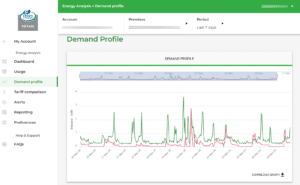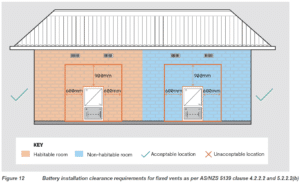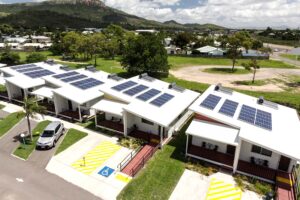Christmas is the time of giving, spending time with your loved ones and creating 30% more waste than you normally would. Over the holidays our contribution to landfill not only increases, but the materials that pile up are usually harder to break down. It doesn’t have to be that way though. Below are a few simple things you can do this holiday season to minimise your environmental impact.
Wrapping paper
Most wrapping paper is made from paper and it 100% recyclable but if your family is anything like mine, we get carried away and it ends up in the garbage on route to landfill. If you are a perfectionist gift wrapper you might avoid the paper wrap and use things like cellophane, metallic wrapping or paper with glitter. Unfortunately, these items cannot be recycled and will end up in landfill too.
What to do?
- Stick to plain paper wrap (remember it’s only going to end up in the bin).
- Use alternatives like plain recycled paper, newspaper or reusable gift boxes.
- If you receive gifts with other materials, unwrap carefully so you can reuse.
Batteries
Battery sales spike over the holidays and as we know they have a short shelf life. Unfortunately, batteries are an environmental hazard. Lithium-iron batteries can leak toxic chemicals into our soil and can contaminate our groundwater. The good news is, batteries can be recycled! Your city should have at least one battery recycling point. Two of the most common are Battery World and Aldi.
What to do?
- Create a battery recycling bin in your house and make sure all batteries are recycled.
- Purchase rechargeable batteries so you buy less.
Food
Food is one of the biggest contributors of waste all year round and unless your extended family is staying for the entire holiday season you probably waste a lot of that Christmas dinner too.
What to do?
- Buy less (I promise you won’t run out).
- Freeze leftovers or send your guests home with a doggy-bag.
- Eat ham for every meal and use the bone for pea and ham soup or give it to the dog (permitting it’s not baked).
Serving
We’re guilty of using disposable cutlery, plates and cups during any event and Christmas is no exception. Unfortunately, most of these products aren’t biodegradable and will spend the next 100 years in landfill. Talk about a memorable Christmas! One thing I think people don’t realise is that aluminum is recyclable. Make sure you rinse and recycle all the aluminum cooking and serving dishes this year!
What to do?
- Avoid disposable cutlery, plates, cups etc. You have a great dishwasher, it’s called kid #1 and kid #2.
- If you have to use disposable items look for recycled plastics or paper.
- Use aluminum or reusable hard plastic serving trays.
Decorations
Fairy lights are a staple to an Aussie Christmas and they often even stick around throughout the year. Depending on how committed you are to the Christmas decorations, your Christmas lights could be increasing your carbon footprint and your electricity bill. Fairy lights and LED’s can also contain toxic materials so it’s important to remember to dispose of them correctly when they’ve seen their day. You can find e-waste drop-off points in your area here.
If your indoor decorations are looking a bit tired why not save your cash and make some new ones with things around the home. Steal paper from the recycling bin at work to make eco-friendly hanging decorations. This could be a fun arts and crafts idea for the kids. You can find some great ideas here.
What to do?
- Invest in solar lights! You know it’s going to be a hot summer so why not let the sun light up your house this year?
- If you’re expecting 28 days of rain, go for LEDs. LEDs not only use less electricity, they also last longer than traditional bulbs.
- Make your own Christmas decorations.
Gifts
Do you still have one of those bath packs in your cupboard that your secret Santa got you last year that you’re never going to use? We all receive (and probably give) gifts every year that are unwanted or not useful, but it doesn’t mean they should go to waste. If you’re like my mother than you’d rather give up your right limb than give a gift card because it doesn’t seem thoughtful but sometimes it’s the most sustainable option. If you just don’t know what to get someone, get them a gift card to avoid getting them something that might end up in the hallway cupboard for 12 months.
What to do?
- Regift, sell or donate unwanted gifts.
- Gift things that you bought for yourself but never used.
- Try to purchase gifts with little packaging.
- When in doubt, buy a gift card.
The holidays can be a magical time, but it can sometimes be a time when we take for granted everything we have. Remember to consider your impact this Christmas. Be thoughtful of those around you, of the environment and of those less fortunate. If you have too much, don’t let it go to waste, pass the joy onto someone else. We hope you all have a wonderful and sustainable Christmas.

Founder of Horan & Bird. Director of Master Electricians Australia and Board Member of Solar Accreditation Australia. John has played a key entrepreneurial role in the transformation of the Energy Landscape in Queensland.





